By Joy Danjuma
Women have joined the fight in some parts of the Democratic Republic of Congo (DRC) to defend their families from the deadly M23 rebel group.
Al Jazeera reported that the women joined the wazalendo for different reasons including “to escape economic hardship, seek protection, search for influence, or simply because they feel that they have no other options than to fight.”
The Wazalendo, meaning “patriots” in Swahili, is a group of irregular fighters in North Kivu province made up of rebel groups associated with the official Armed Forces of the Democratic Republic of the Congo (FARDC) and opposed to the M23 rebels.
The report revealed that Byamwungu is one of the female fighters in the battlefield alongside the majority of male combatants. She and most other women in the Wazalendo have enlisted in low rank-and-file positions and are particularly at risk of dying in combat, experts say.
Conflict uprooted Byamwungu in 2022, around the time Congolese President, Felix Tshisekedi called on young people to join the Armed Forces of the Democratic Republic of the Congo (FARDC) in its fight against M23, or at least to take up weapons independently.
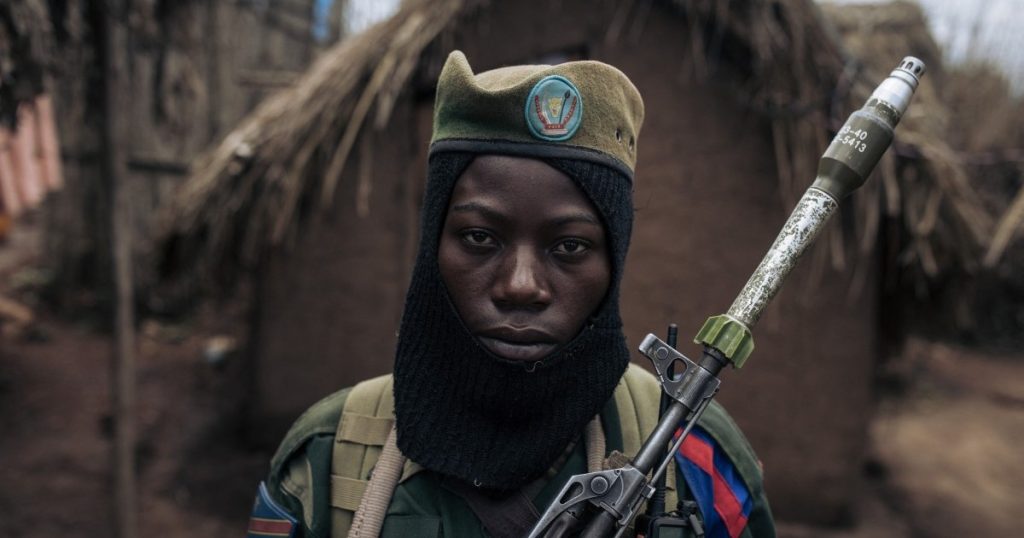
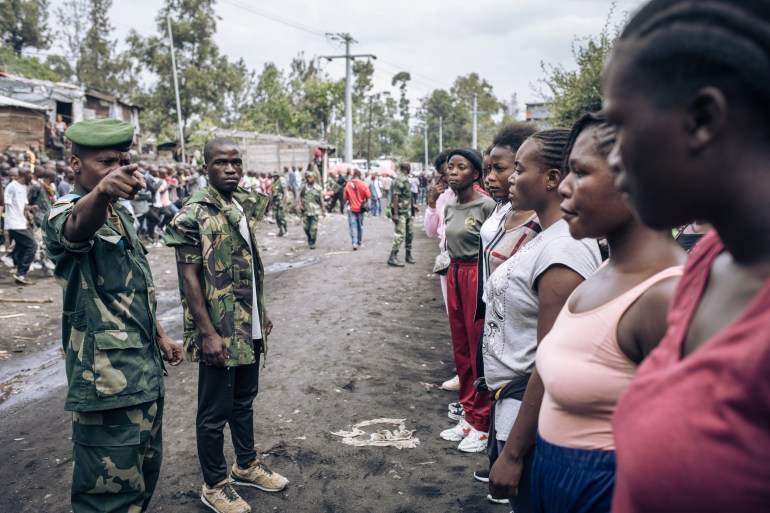
She still remembers the sounds of heavy bombs falling on her village, as Congolese soldiers fought with M23. She could not save any of her possessions. The only option was to run wildly south towards Goma with her family, arriving at a dilapidated displaced persons camp by a roadside leading out of the city.
“She never had enough food to eat. Women who ventured into the nearby forest to look for sustenance were in danger of being raped by armed groups and children who walked into Goma to beg were hit by motorcycles and cars,” the report said.
“We were starving in the camp,” Byamwungu told Al Jazeera.
Members of the Wazalendo often strode past her tent on their way to drink at nearby bars and manned positions in the surrounding hills, just visible from the camp.
After two years, Byamwungu decided to join the Wazalendo herself. Her mother begged her to remain with the family and stay safe, but her father did not try to stop her; he was pleased, Byamwungu told Al Jazeera.
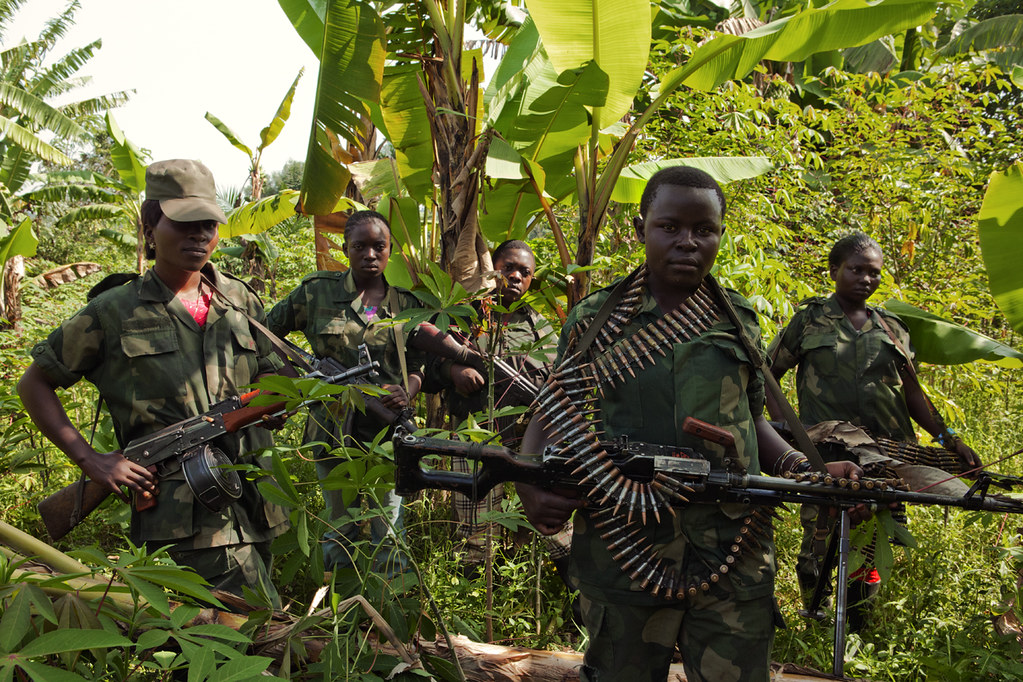
She opted to join an outfit of fighters called the Union of Forces for the Patriotic Defence of Congo (UFPDC), swearing her allegiance to them.
Byamwungu was trained to shoot a gun, and to aim it towards opponents. Alongside other female fighters, she took responsibility for cleaning the base and cooking for the male fighters.
Byamwungu has not seen her parents since joining the Wazalendo. She misses them often, but her mother and father have since gone back to their village. When Byamwungu returned to the old camp looking for her family, she only found her brother, and hinted that she wanted to return home.
“My brother said, there is nothing to change. You cannot leave. Be patient and be courageous,” Byamwungu recalled. She listened and quickly went back to the rebel base.
“We have so many young people,” General Mbokani Kimanuka, who founded the UFPDC during the first M23 war in 2012 said to Aljazeera. “They are leaving their homes and businesses to join the fight. They have all become patriots.”
Members of the Wazalendo say the kindness of nearby communities sustains them. “Local people tell us to be strong,” the General said. “They provide some food, plastic sheets, and plastic boots.”
It is their familial connection to eastern DRC that keeps UFPDC fighters safe, Kimanuka claimed. “We are native. We were born here. We have protection from our grandfathers.”
Meanwhile, the violence, mainly in the eastern region of the DRC, has displaced over 6.9 million people, in addition to reports of mounting civilian deaths in the east region, a UN report said.
The crisis in the DRC has been going on for decades. However, the current crisis began in November 2021, when the defunct March 23 Movement, now known as the M23 militant group, attacked military positions of the Congolese army in the villages of Chanzu and Runyonyi Province.
More than 100 armed groups operate in eastern DRC, the region where conflict has raged for decades but intensified in recent years. The rising violence in the area has refocused attention on the long-running dispute, primarily between the Congolese army and the M23 rebel group.
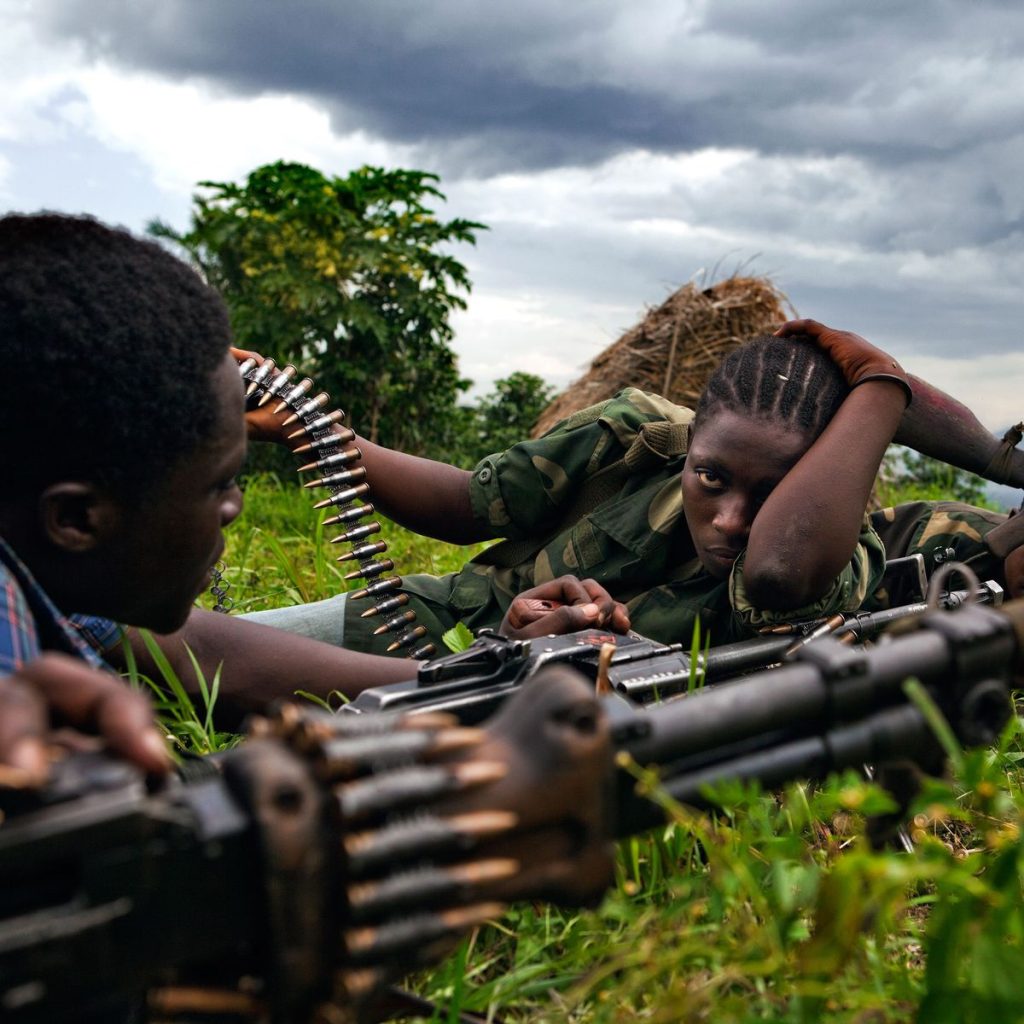
The focus of the conflict is the wealth of natural resource deposits in the DRC. These resources and precious minerals under Congolese soil have globalised the conflict.
Women and children are the most affected victims of the ongoing conflict. Thousands of children have lost their childhood to the decade-long conflict. According to a 2023 UNICEF report, the Congo had a track record of verified grave violations against children.
Children as young as three are forced to work in mining sites while others are recruited into armed groups as the war intensifies. “Intensifying violence, massive displacement, and proximity of armed groups to communities are leading to an alarming increase in cases of killing, maiming, and abduction of children in DRC,” the report said.
The DRC women and children have sacrificed so much to stay alive in the conflict ridden country.
Women who remain with the fighters have limited future choices. Even if the war with M23 ends, Byamwungu hopes to remain with the UFPDC. “I am used to being with the Wazalendo,” she said. “We have become like one family,” she told Al Jazeera. The women hope for peace to return even as they continue to fight.
The Congolese government has indicated that it hopes to integrate the Wazalendo fighters into a reserve brigade of the national army.

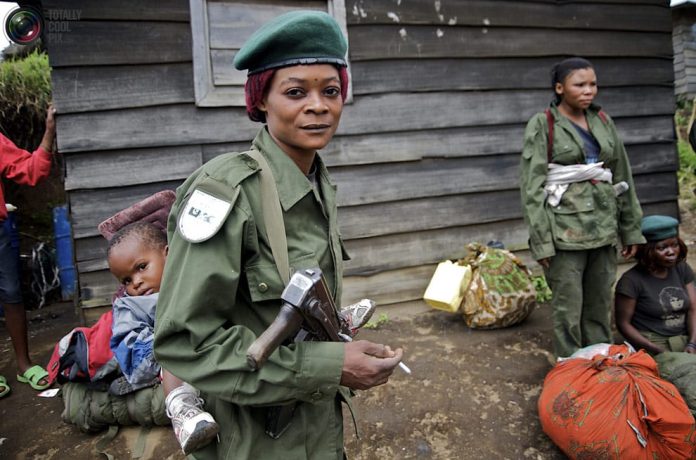




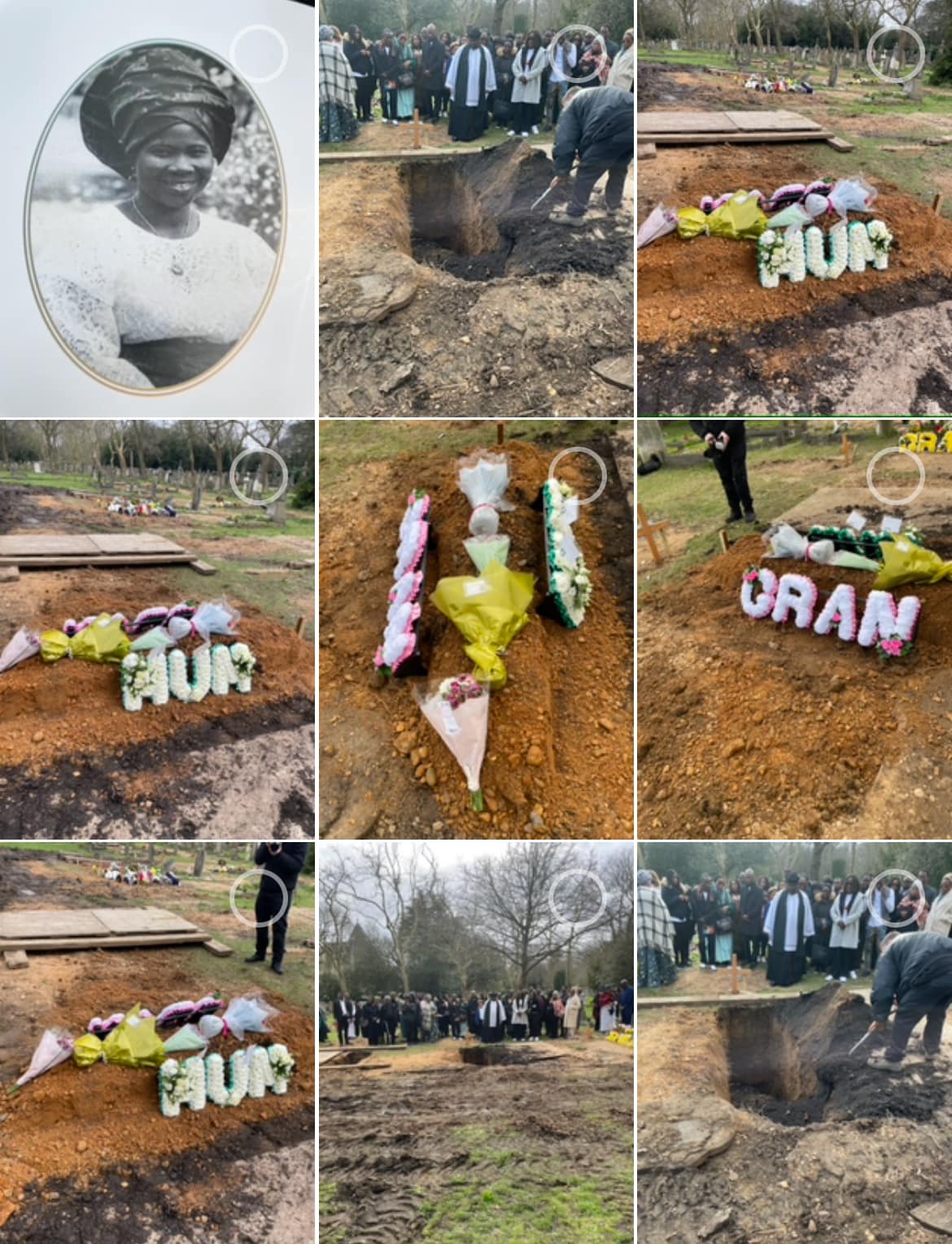






It’s arduous to seek out educated individuals on this subject, but you sound like you understand what you’re talking about! Thanks